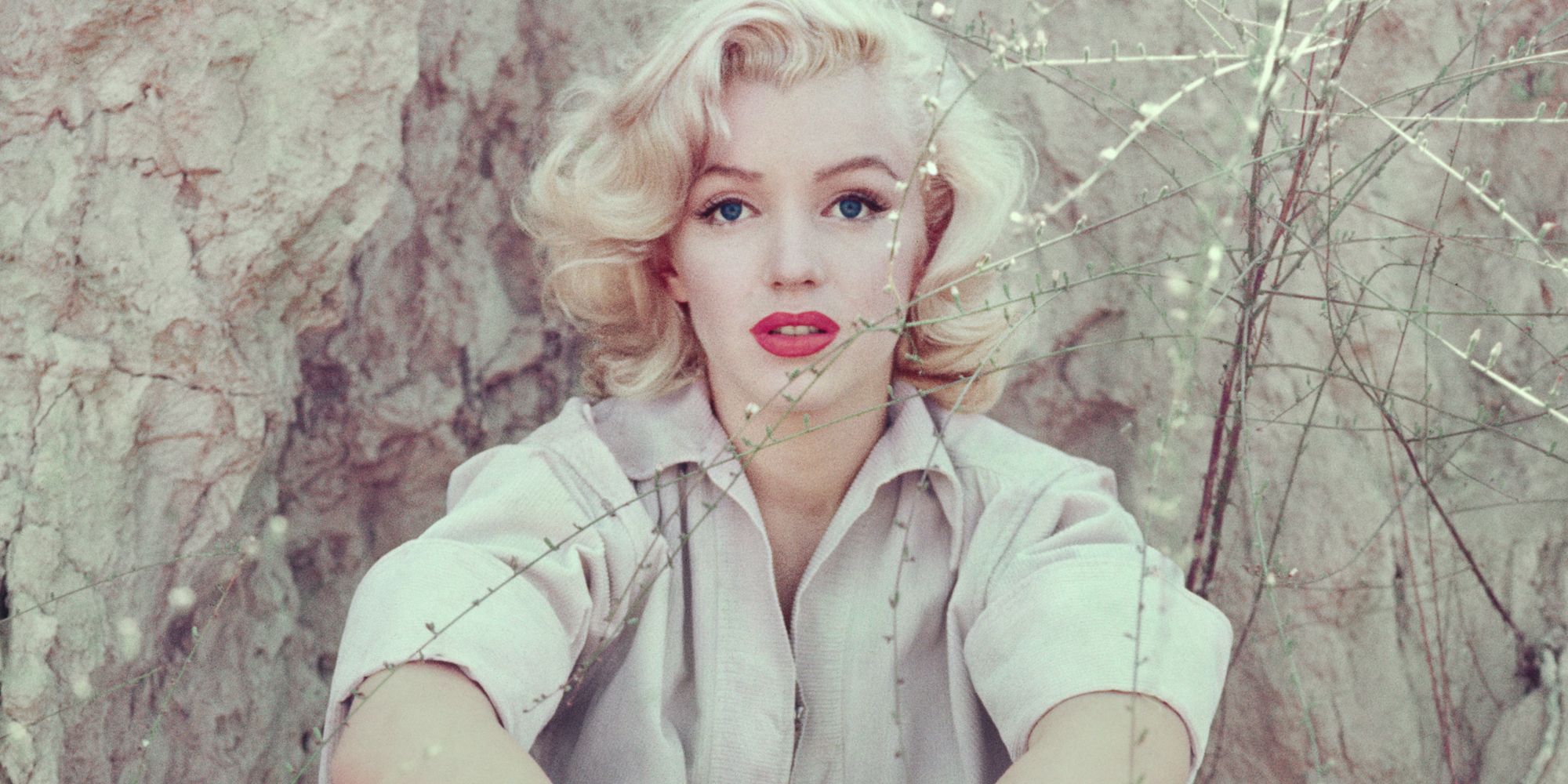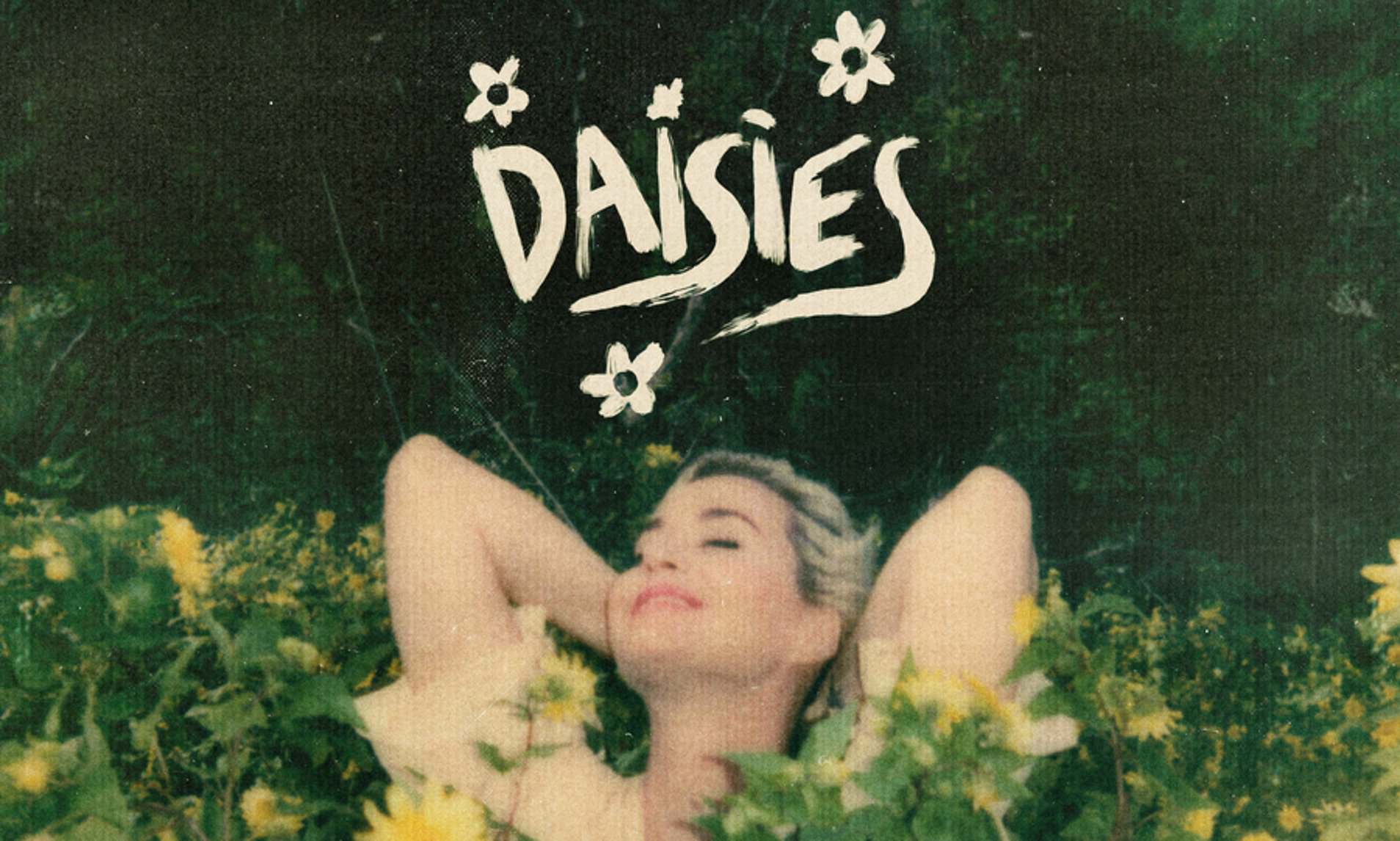There’s much to be said about celebrity culture. The glitz and glamour, the feuds and fall outs, the lovers and liars. It seems that a new celebrity culture may emerge in the Covid era, perhaps one that can allow celebrities to truly remain who they are.
The earliest, perhaps most significant celebrity that created the stardom culture was none other than Marilyn Monroe. The original platinum blonde, red-lipstick adorned bombshell. Narratives sold her as sexually alluring, elusive and naïve, cementing the cultural stereotypes around ‘blondes.’ She was watched eagerly in Some Like It Hot, Gentlemen Prefer Blondes and The Seven Year Itch, embodying the image that made her a star in the first place.

Every piece of Monroe was torn apart and commodified. From her lips to her hair to her breasts to her hips. Her identity became abstracted from Norma Jean Baker and was instead sold as an erotic spectacle for her audience to project their desires onto. Her star image perfectly cultivated for profit and visual consumption. There’s something to be said about this, when we strip people of their identities, manufacture them as a product to consume and manipulate their image so consistently that they lose sight of who they are, it’s only plausible that mental illness consumes them.
There’s a mindboggling list of celebrities that have had similar endings. As a society, we keep asking ourselves “why?” Why did we lose Whitney Houston? Why did we lose Amy Winehouse? Why are our child stars driven to drugs? Why did Britney Spears descend into such mania?
The answer is the same every time, but we don’t change. As a society, we do exactly what we have always done: produce celebrities as products to consume, to project our desires onto, and to discard when they can no longer be commodified.

We can look at Meghan Markle and Prince Harry’s decision to move to Canada because their “deepest fear is history repeating itself,” which is, of course, a reference to Princess Diana. Emma Watson revealed that she struggled with mental health and felt “schizophrenic” managing her public persona and real identity. Taylor Swift also touched on her battle in the documentary Miss Americana. We’ve watched The OC’s Mischa Barton be checked into an institution twice as well as Britney Spears, Demi Lovato, Amanda Bynes and so many others.
Our favourite thing to do as a society is tear them apart for this. It’s as if their mental illness becomes the most fascinating part of them after they’ve checked into an institution. Sometimes we offer sympathy and apologies. But we rarely ever consider that mental illness starts a long time before they descend into the mania that drives there in the first place.

Celebrity culture is about creating products to consume, to project desires onto, to tear apart and discard once they’ve served their purpose. They sell their own celebrity merchandise: Britney Spears, Beyoncé, Taylor Swift, Sarah Jessica Parker and billions more have their own ‘perfume lines,’ Selena Gomez, Rihanna and Kylie Jenner have cosmetic companies. We purchase any media they’re featured in: tabloids, films, documentaries, music and posters. We are buying the things that allow us to feel a connection to the celebrity that embodies our desires. Companies that manage them are only satisfied when they’ve fulfilled their role as products to consume.
We ask celebrities to tell us who they’re dating, to show us pictures of their lives, to reveal everything about them. We don’t do this to support them. It’s because the media makes money tearing them down, scrutinising their every move. The worst part? It’s fun. We thrived off the Angelina Jolie vs. Jennifer Anniston battle for Brad Pitt. Swift’s music is dissected for hints at her boy troubles and feuds. Justin Bieber vs. Selena Gomez vs. Hailey Baldwin was another media hit. We obsess over these feuds, over the glitz and glamour of their lives. The false lies purported by the media that we’re guaranteed is “shockingly true” has magazines flying off the shelves.

Taylor Swift revealed in Miss Americana that she had to disappear because she had no control over her life and was merely what “everyone wanted [her] to be.” The cracks in her identity and relationships left her lifeless. Swift’s found happiness in her “lover” Joe Alwyn, and the difference between this relationship and her previous ones is that neither of them will reveal any information about it. She told GQ that “people think it’s up for discussion and our relationship isn’t up for discussion…that’s where the boundary is, and that’s where my life has become manageable” continuing to explain that “someone’s private life is, by definition, private. No one is obliged to share their personal life.”

It’s this very nature that strips celebrities of their humanity and their identity. It leaves them as mere spectacles to manipulate and commodify. This process of manufacturing a celebrity dehumanises individuals, leading them to their demise. When you have no identity and the only relationships you have are with people who want something from you, your entire existence becomes meaningless. After all, isn’t the very locus of humanity based on identity and relationships? When you’re stripped of the very things that make you human is there really anything left to live for?
So, where does Covid19 fit into all of this?
As anyone will tell you ‘these are unprecedented times.’ We’re self isolating, avoiding the public, working less, baking banana bread, discovering things about the people we live with. Media companies are struggling, and all the coverage centres on Covid19. Isolation has left the public dissecting Instagram posts for content on celebrities. The only gossip we can get is from the information that celebrities are publicly sharing.
It’s almost like celebrities are being given a chance to be who they are without cameras capturing their every movement. This doesn’t mean they’ve disappeared. Musicians are still sharing their music like Ariana Grande, Lady Gaga, Katy Perry, Taylor Swift, even Carly Rae Jepsen dropped an entire new album! So celebrities are showcasing their talents, the thing that made them famous in the first place (not including the Kardashian/Jenners) without the added media scrutiny of celebrity culture.

Isolation has been a mess, it’s impacted employment, mental health, security and a multitude of other things. However, some people have reported that it has given them time to finally catch up on the things that busy lifestyles mandate, others have explained that their relationships are blossoming and some believe that being able to slow down has been the break they need.
It’s likely that celebrities are finally thriving, being able to share their music, their art, their talents, without all the pressures of being a celebrity. Perhaps this could allow a new celebrity culture to emerge. One that is solely based on what they choose to share with us, enabling them to have happy, healthy, normal lives without the added impacts of scrutinisation and commodification.
If celebrity culture changed in this way, then maybe we won’t have to answer all those frightening questions about celebrity mental health and suicide. Would these changes have allowed Marilyn Monroe to remain Norma Jean Baker at heart? Would Amy Winehouse and Whitney Houston be left alone by the people in their lives trying to profit off them? Would we have lost child stars to drugs?
It’s worth asking these questions and trying to determine the answers because how much longer can we permit people to die at our hands merely because we want a piece of them?
Subscribe to FIB’s Weekly Alchemy Report for your weekly dose of music, fashion and pop culture news!







